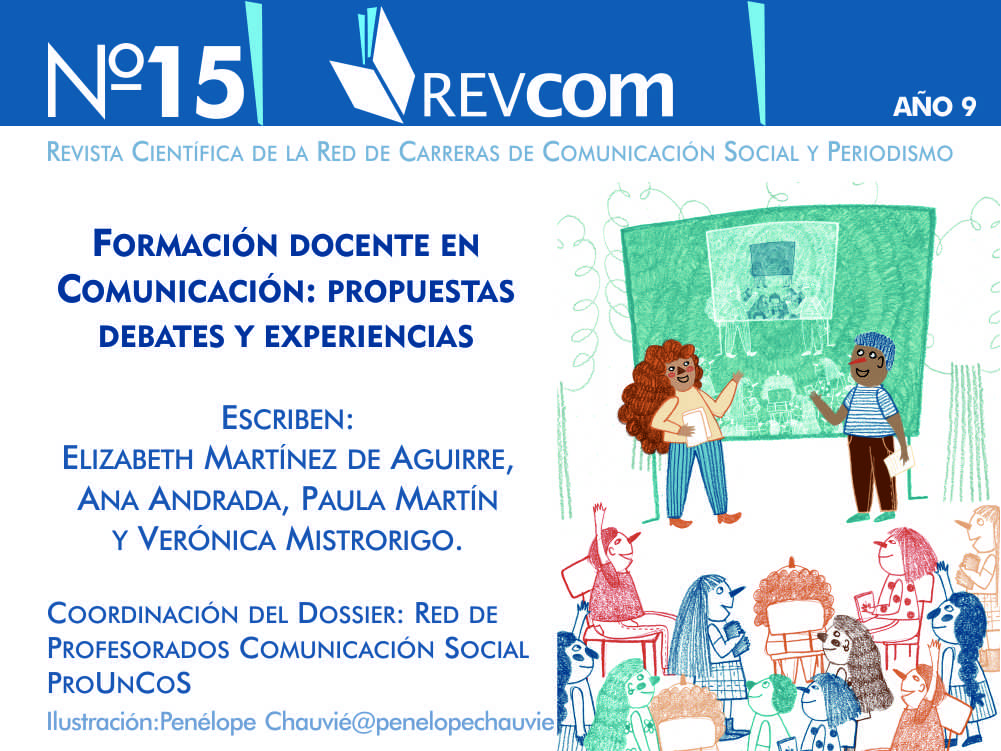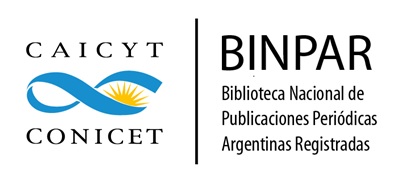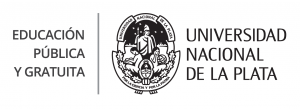Gene Editing and Introduction of Genetically Modified Organisms
A Look from the Documentary Unnatural Selection
DOI:
https://doi.org/10.24215/24517836e082Keywords:
Burkina Faso, science communication, ethical dilemmas, GMOAbstract
CRISPR/Cas9 (Clustered Regularly Interspaced Short Palindromic Repeats, known as “gene scissors”) gene editing technology is booming. The emergence and scope of this tool are discussed in the documentary Unnatural Selection, which is used in this work as a support to analyze two projects for the introduction of genetically modified organisms, their results and controversies. It is about the introduction of mice in New Zealand and the release of mosquitoes to fight malaria in Burkina Faso. After discussion within the community and with the responsible scientists, New Zealand halted the project; instead, the Burkina Faso government agreed to put the liberation in motion. Finally, it comments on the techno-scientific discourse, democratization and inequity in access to the tool. Gene editing (and its consequences) is a topic that deserves a broad and transparent debate on its use in all areas of knowledge, to address the ethical, social and political challenges it poses.
Downloads
Metrics
References
Bourdieu, P. (2008). Los usos sociales de la ciencia. Nueva Imagen.
Casas, A., Torres-Guevara, J. y Parra, F. (Eds.). (2016). Domesticación en el continente americano. http://www.librosoa.unam.mx/handle/123456789/1229
Diabaté, A. (31 de marzo de 2021). Results from months of monitoring following the first release of non gene drive genetically modified mosquitoes in Africa Target Malaria Report [Resultados de meses de seguimiento tras la primera liberación de mosquitos modificados genéticamente sin impulsores genéticos en África Target Malaria Report]. https://targetmalaria.org/results-from-months-of-monitoring-following-the-first-release-of-non-gene-drive-genetically-modified-mosquitoes-in-africa/
Haraway, D. (1991). Ciencia, cyborgs y mujeres. La reinvención de la naturaleza. Ediciones Cátedra.
Monfrinotti Lescura, V. (2020). El Antropoceno / Capitaloceno y sus implicancias ontológico-políticas: escenario de la pandemia actual. Rev. Interd. em Cult. e Soc. (RICS), 6(2), 86-101. https://doi.org/10.18764/2447-6498.v6n2p86-101
Quijano, A. (2014). Cuestiones y horizontes. De la dependencia histórico-estructural a la colonialidad/descolonialidad del poder. Consejo Latinoamericano de Ciencias Sociales (CLACSO). https://www.clacso.org.ar/libreria-latinoamericana/buscar_libro_detalle.php?campo=autor&texto=&id_libro=2238
Korol, C. (3 de abril de 2020). No le echen la culpa al murciélago. Entrevista a Silvia Ribeiro. Página 12. https://www.pagina12.com.ar/256569-no-le-echen-la-culpa-al-murcielago
Roca, A. (2010). Fragmentos, fronteras y cuerpos incógnitos. Una mirada antropológica sobre la producción y criopreservación de vida en el laboratorio (Tesis de Doctorado). http://repositorio.filo.uba.ar/handle/filodigital/1331
Roca, A. y Del Piero, G. (2021). La ira de Dios: conocimiento, tecnología y control social en dos series de TV contemporáneas. Ética & Cine, 11(1), 21-30. https://doi.org/10.31056/2250.5415.v11.n1.32569
Rodríguez, M. (2019). Conocimiento y poder en el Modelo de Déficit. Una aproximación epistemológica a la comunicación pública de la ciencia y la tecnología. Tecnología & Sociedad, 8, 31-57. https://repositorio.uca.edu.ar/handle/123456789/9352
Santaló, J. (2018). La mejora genética humana en los tiempos del CRISPR/Cas9. Revista de Bioética y Derecho, 47, 33-41. https://scielo.isciii.es/scielo.php?script=sci_arttext&pid=S1886-58872019000300004&lng=es&tlng=es
The Nobel Prize in Chemistry (2020a). Genetic scissors: a tool for rewriting the code of life [Tijeras genéticas: una herramienta para reescribir el código de la vida]. https://www.nobelprize.org/prizes/chemistry/2020/press-release/
The Nobel Prize in Chemistry (2020b). NobelPrize.org. https://www.nobelprize.org/prizes/chemistry/2020/summary/
Wallace, R. (2016). Big Farms Make Big Flu. Dispatches on Infectious Disease, Agribusiness, and the Nature of Science [Las grandes granjas generan una gran gripe: Despachos sobre enfermedades infecciosas, agronegocios y la naturaleza de la ciencia]. Monthly Review Press.
Wallace, R. (16 de marzo de 2020). La responsabilidad de la agroindustria en el Covid-19 y otras enfermedades virales [Entrevista de Pyaak Pabst]. Marx21.net. https://marx21.net/2020/03/16/coronavirus-la-agroindustria-puede-provocar-millones-de-muertes/
Published
How to Cite
Issue
Section
License
Copyright (c) 2023 RevCom

This work is licensed under a Creative Commons Attribution-NonCommercial-ShareAlike 4.0 International License.
Politica vigente desde octubre de 2019
La aceptación del manuscrito por parte de la revista implica la cesión no exclusiva de los derechos patrimoniales de los/as autores/as en favor del editor, quien permite la reutilización, luego de su edición (postprint), bajo una Licencia Creative Commons Atribución-NoComercial-CompartirIgual 4.0 Internacional (CC BY-NC-SA 4.0)
Acorde a estos términos, el material se puede copiar y redistribuir en cualquier medio o formato siempre que a) se cite la autoría y la fuente original de su publicación (revista y URL de la obra), se brinde el acceso a la licencia y se indique si se realizaron cambios; b) no se utilice el material para fines comerciales.
La cesión de derechos no exclusivos implica que luego de su edición (postprint) en RevCom los/as autores/as pueden publicar su trabajo en cualquier idioma, medio y formato; en tales casos, se solicita que se consigne que el material fue publicado originalmente en esta revista.
Tal cesión supone, también, la autorización de los/as autores/as para que el trabajo sea cosechado por SEDICI, el repositorio institucional de la Universidad Nacional de La Plata, y sea difundido en las bases de datos que el equipo editorial considere adecuadas para incrementar la visibilidad de la publicación y de sus autores/as.
Asimismo, la revista incentiva a los/as autores/as para que luego de su publicación en Revcom depositen sus producciones en otros repositorios institucionales y temáticos, bajo el principio de que ofrecer a la sociedad la producción científica y académica sin restricciones contribuye a un mayor intercambio del conocimiento global.






.jpg)



.png)






















